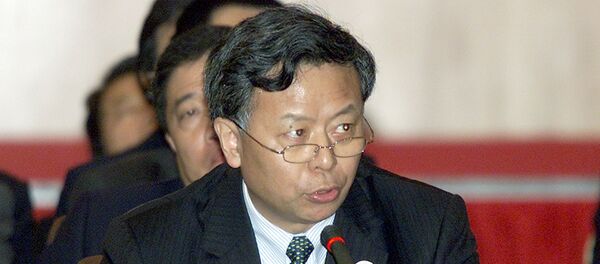"First and foremost, it is the transport infrastructure, which is thought to be much broader than the Western China-Western Europe transport corridor," Andrei Slepnev said.
Beyond the east-west international transit corridor, Slepnev said colleagues from India, Iran and Pakistan called for a formal cooperative network, including the North-South corridor and access to the Southwest Asia.
"I hope that the steps made at this session will be reflected in the EEU’s agreement with China as key economic centers of the entire region," Slepnev said.
The trade minister cited the China-led Asian Infrastructure Investment Bank, the Silk Road Fund and other financial institutions as main financiers behind the joint projects.
Chinese President Xi Jinping proposed in 2013 the construction of a new Silk Road to facilitate the direct flow of goods from the Pacific Ocean to the Baltic Sea. The megaprojects are intended to connect China with Europe and strengthen economic ties between Asia, Europe and the Gulf states.
The SCO is a political, economic and military alliance composed of six member states, including Russia, China, Kazakhstan, Kyrgyzstan, Tajikistan and Uzbekistan, as well as five observer states and three dialogue partners.
Russia, China and Kazakhstan established an interstate Silk Road Eurasian Cultural Cooperation Organization at the Second Silk Road International Cultural Forum held in Moscow this week.


